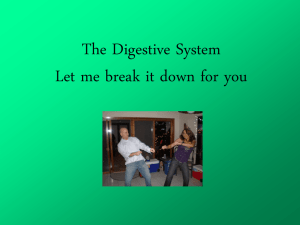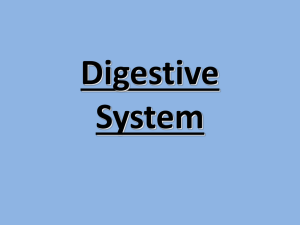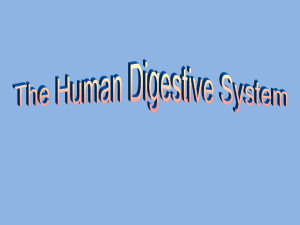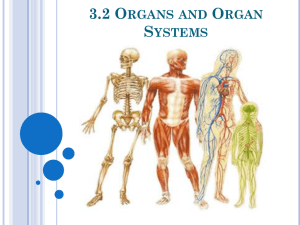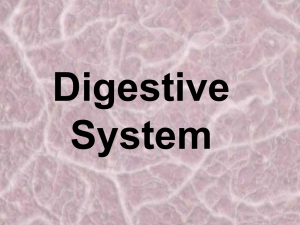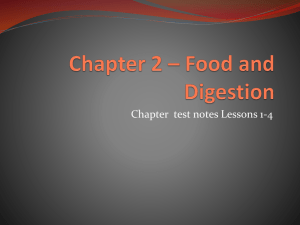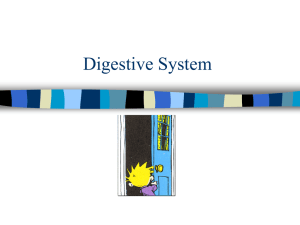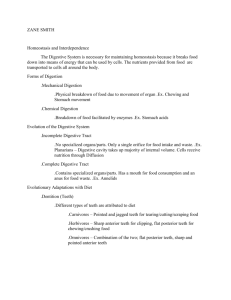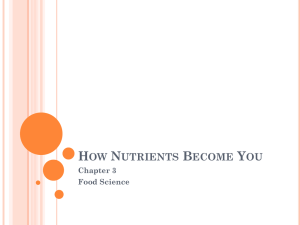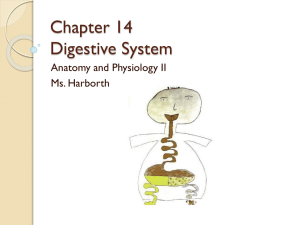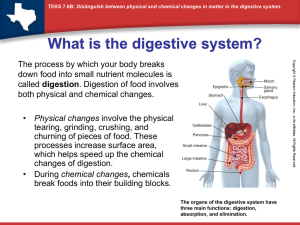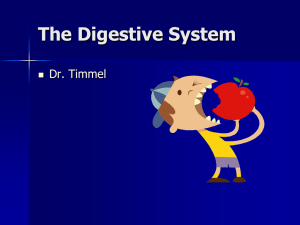File
advertisement
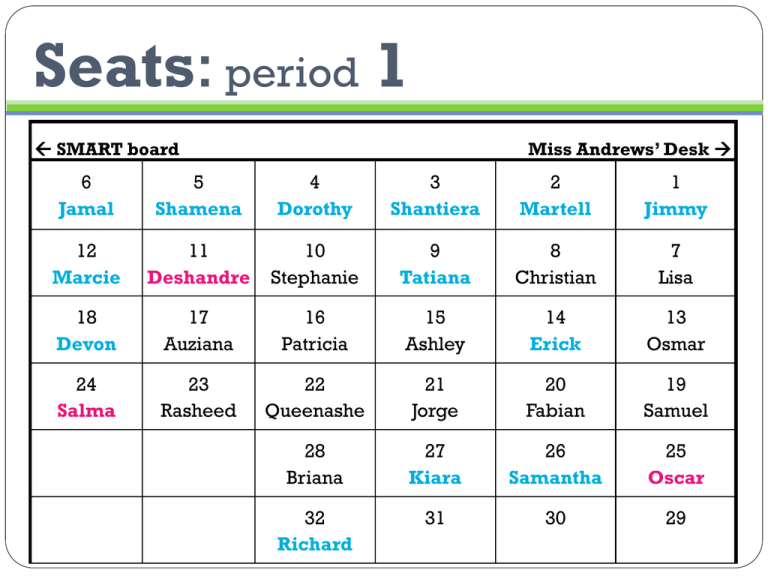
Seats: period 1 SMART board Miss Andrews’ Desk 6 Jamal 5 Shamena 4 Dorothy 3 Shantiera 2 Martell 1 Jimmy 12 Marcie 11 Deshandre 10 Stephanie 9 Tatiana 8 Christian 7 Lisa 18 Devon 17 Auziana 16 Patricia 15 Ashley 14 Erick 13 Osmar 24 Salma 23 Rasheed 22 Queenashe 21 Jorge 20 Fabian 19 Samuel 28 Briana 27 Kiara 26 Samantha 25 Oscar 32 Richard 31 30 29 Seats: period 5 SMART board Miss Andrews’ Desk 6 Abdi 5 Noel 4 Kiala 3 Kaila 2 Dominique 1 Melodie 12 Mary 11 Brittany 10 Nakerie 9 Maria 8 Daniel 7 Santonio 18 Troy 17 Edwin 16 Noemi 15 Jakar 14 Rosana 13 Minerva 24 Andre 23 Felix 22 Tyrone 21 Luis 20 Juan 19 Vonnisha 28 Louis 27 Breanna 26 Melody 25 Renee 32 31 30 29 Catalyst “Education is our passport to the future, for tomorrow belongs to the people who prepare for it today.” 100.Benjamins Monday Tuesday Wednesday Thursday Friday Total / Goal 1: Biology 0 / 100 3: Ciencias Fisicas 0 / 100 5: Biology 0 / 100 8: Physical Science 0 / 100 10: Ciencias Fisicas 0 / 100 100.Benjamins 1: Raise a hand 1: Exemplary answer 1: Demonstrate North Star traits – Problem solver – Goal driven 3: 100% seated before the bell 3: “Ready for your attention” 3: Lab / activity clean up 5: 100% on task during practice 5: 80% exit ticket average BIG goal = 80% ET Shout Out! 1 BIG goal = 80% ET Shout Out! 5 Unit 5: Rock Your Body! Objectives We are learning about… the Agenda digestive system We will be successful when we can… explain how the digestive system converts macromolecules from food into smaller molecules that can be used by cells for energy and for repair and growth bovine digestion • Catalyst 5 • Organ Puzzle & iNotes 30 • Digestion Intro 15 Digestive System 1. converts macromolecules from food into smaller molecules that can be used by cells for energy and for repair and growth 2. absorbs nutrients into the blood stream (circulatory system!) 3. eliminates waste Puzzle & iNotes 1.Cut out digestive organs & labels 2.Organize digestive organs & labels in order (p 915) 3.Glue digestive organs & labels in your notes 4.Color primary organs green & accessory organs yellow 5.Illustrate your notes by answering the iNotes questions! 1 Puzzle & iNotes 1. Digestion starts in the mouth. What 2 digestive processes occur there? 2. What is the main function of the stomach? How does it perform this job? 3. Name the organ that connects the mouth and the stomach. 4. Why are the salivary glands, pancreas, liver, and gall bladder considered accessory glands of the digestives system? 5. Why can we live without our gall bladder? What is its main function? 6. What is the main function of the small intestine? 7. How is the small intestine structured specifically to perform its job best? Draw a picture clearly showing the structure of villi and microvilli. 8. By what process does food move from the small intestines to the bloodstream so it can be circulated to the rest of the body? 9. What is the main function of the large intestine? 10.By what process does water move from the large intestines to the bloodstream so it can be circulated to the rest of the body? Why is it important for water to be reclaimed from the digestive system back to the body? 11.What are the functions of the bacteria that live in the large intestine? Mechanical vs. Chemical mechanical digestion chemical digestion is the process of is the process of physically breaking changing food on a food down into smaller molecular level due to pieces enzymes & microbes Pathway mouth… • Mouth: mechanical digestion begins as teeth chew • Mouth: chemical digestion as salivary glands secrete saliva enzyme (amylase) breaks down starches into smaller sugars • Mouth: food is molded into a ball (BOLUS) by the tongue & swallowed Pathway esophagus… • BOLUS passes through pharynx & enters esophagus muscular tube which connects mouth to stomach • Peristalsis is a series of involuntary, smooth muscle contractions that pushes food down the esophagus Pathway stomach… Stomach: chemical digestion continues as gastric juices made of an enzyme (pepsin) & hydrochloric acid are secreted to break down food into smaller molecules Stomach: mechanical digestion continues as the muscular walls of the stomach contract to mix food Pathway small intestine… Small Intestine: mechanical digestion occurs as muscles contract to help break down food Small Intestine: chemical digestion occurs when the pancreas & liver secrete fluids which help neutralize acid from the stomach plus enzymes to break down the food even more Pathway small intestine… • Digested food moves through the rest of the small intestine and passes over 1000’s of villi • Villi are tiny, fingerlike projections that help ABSORB digested food = connection between the digestive and circulatory systems ! Pathway LARGE intestine… Material that can’t be digested in small intestine passes into LARGE intestine AKA colon LARGE intestine ABSORBS water & salt from waste Pathway anus… Any leftover waste (feces…ewww!) enters the rectum and is ELIMINATED from our body through the anus “open system” Quick Check! 1. What are the 3 main functions of the digestive system? 2. Describe the size of a macromolecule. 3. Explain the difference between mechanical & chemical digestion. 4. Where does peristalsis occur? 5. What happens in peristalsis? 6. What is the role of an enzyme? 7. Describe how the digestive system works as an open system. DoNuT attendance competition Be there or be square eXtra credit. Turn it in 1. Catalyst homework due WEDNESDAY ! (big basket) 2. Digestive: Anatomy #8 (binder) 2. Digestive: Flip Flop #9 (big basket) Tuesday, February 11th Wednesday, February 13th
